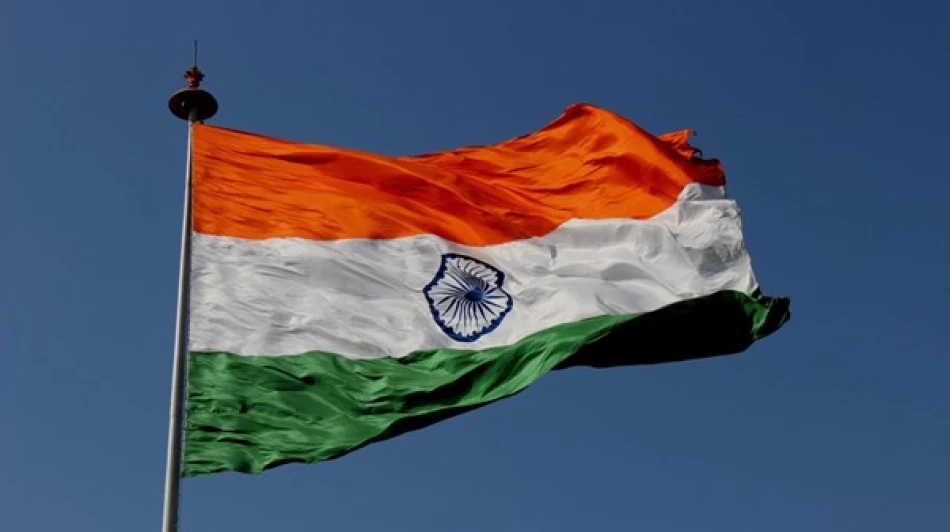
India Welcomes Trump-Putin Meeting in Alaska: Strategic Geopolitical Implications Analyzed
India Backs Trump-Putin Alaska Summit as Path to End Ukraine War
India has thrown its diplomatic weight behind a potential summit between U.S. President Donald Trump and Russian President Vladimir Putin in Alaska, signaling New Delhi's continued commitment to dialogue-based conflict resolution despite Western pressure to isolate Moscow. The endorsement reflects India's strategic balancing act between maintaining ties with Russia while deepening partnerships with the United States.
Delhi's Diplomatic Calculus
Speaking on Saturday, Indian Foreign Ministry spokesperson Randir Jaiswal welcomed the proposed Alaska meeting and praised progress made during discussions between the two leaders. His statement that "progress can only be made through dialogue and diplomacy" underscores India's consistent position that negotiation, not isolation, offers the best path forward in the Ukraine conflict.
"The world wants to see a swift end to the conflict in Ukraine," Jaiswal added, reflecting growing global fatigue with a war that has disrupted supply chains, inflated energy prices, and destabilized international markets.
Strategic Non-Alignment in a Multipolar World
India's support for Trump-Putin dialogue demonstrates the limits of Western efforts to build a unified front against Russia. Despite being a member of the Quad security partnership alongside the U.S., Japan, and Australia, India has refused to join sanctions against Moscow and has actually increased its purchases of Russian oil since the war began.
Historical Precedent
This approach echoes India's Cold War-era non-aligned movement strategy, when New Delhi maintained relationships with both Washington and Moscow while charting an independent course. Prime Minister Narendra Modi's government appears to be applying similar logic to current geopolitical tensions, viewing itself as a potential mediator rather than choosing sides.
Economic Interests Drive Policy
India's stance reflects significant economic considerations. Russia remains a crucial supplier of defense equipment, accounting for roughly 45% of India's military imports over the past decade. Additionally, discounted Russian crude oil has helped India manage domestic inflation pressures while maintaining economic growth targets.
The potential Alaska summit could provide India with greater diplomatic cover for its Russia relationship while demonstrating to Washington that New Delhi's influence in Moscow could prove valuable for broader conflict resolution efforts.
Global South Leadership Ambitions
By positioning itself as a voice for dialogue, India is reinforcing its credentials as a leader among developing nations that have largely avoided taking sides in the Ukraine conflict. This stance aligns with India's broader ambitions to secure a permanent seat on the UN Security Council and establish itself as a key player in shaping global governance structures.
The endorsement also serves domestic political interests, as Modi's government can present itself as a responsible global actor focused on peace rather than escalation—a message that resonates with Indian voters concerned about the economic impacts of prolonged international instability.
Most Viewed News

 Layla Al Mansoori
Layla Al Mansoori






